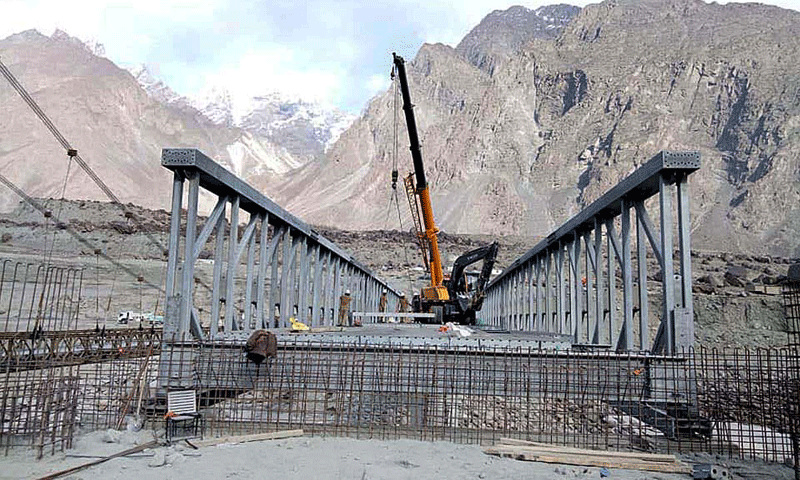ISLAMABAD: With tight fiscal position and revenue shortfall, the Public Sector Development Programme (PSDP) continues to shrink during the current fiscal year.
In the first five months (July-November) of the current year, total PSDP releases by the Planning Commission amount to Rs182 billion against Rs305bn of the same period last year, showing a reduction of 40.3 per cent.
According to latest data released by the Planning Commission, the total spending at Rs182bn as of Dec 7, 2018 accounted for almost 27pc of the total revised PSDP allocation of Rs675bn. Exactly until this period last year, the Planning Commission had released Rs305bn that accounted for more than 38pc of the revised allocation of Rs800bn.
The data suggested that about Rs71bn has been released by the Planning Commission to all 39 federal ministries and divisions in five months this year. This worked out at 24.4pc of Rs291.5bn annual allocation for these ministries.
In comparison, Rs71.14bn had been released to these ministries the same period last year, accounting for 23.6pc of revised allocation of Rs301bn.
The data showed the Planning Commission could not release any funds for development of Federally Administered Tribal Areas (FATA) even though an allocation of Rs10bn had been approved in the supplementary budget presented by the PTI government in September as federal contribution to 10-year development programme of the region now being merged as districts of the Khyber Pakhtunkhwa provinces.
Last year, the government had released about Rs10.5bn for states and tribal regions in five months against an annual allocation of Rs26.9bn.
Releases for Azad Jammu and Kashmir (AJK) and Gilgit-Baltistan (GB) have been higher this year. For example, the Planning Commission released Rs10.7bn in five months of AJK against a total allocation of Rs25.8bn. During the same period last year, Rs8.56bn were provided to AJK against the same allocation of Rs25.8. Likewise, GB was provided with Rs7.8bn this year against an allocation of Rs17.5bn compared to Rs7.44bn out of Rs18.3bn.
In contrast, the releases out of federal budget to corporations as percentage of total allocations were higher this year, mainly because of near completion of most of the projects that have been under implementation for a few years, majority of them under the China-Pakistan Economic Corridor. In absolute terms, the releases for National Highway Authority (NHA) and power companies had been significantly lower this year.
This is evident from the fact that the commission released a total of Rs90bn to two leading corporations – NHA and the power sector – accounting for more than 41pc against revised allocations of Rs218.6bn. In comparison, an amount of Rs130bn had been released to these two sectors in five months last year that stood at 34pc of revised allocation of Rs385bn.
On the other hand, the government could release only Rs1.23bn to three special programmes against a total allocation of Rs78bn. These allocations included Rs33.5bn each for development for settlement of internally displaced persons and security enhancement, Rs7bn for Prime Minister’s Youth Programme and Rs4bn for gas infrastructure development. During the same period last year, an amount of Rs45bn was disbursed was released to these sectors against a total allocation of Rs135bn.
Under disbursement mechanism approved in consultation with the Ministry of Finance, 20pc allocated funds are required to be released in each of the first two quarters and 30pc each in the third and fourth quarters of the financial year.
Published in Dawn, December 11th, 2018













































